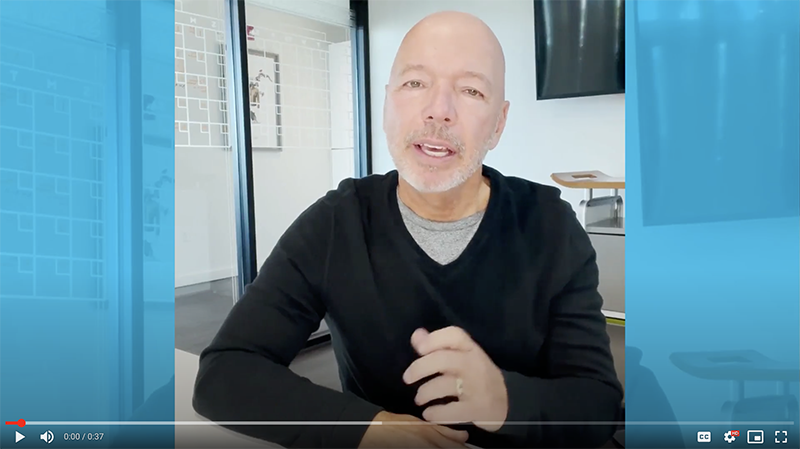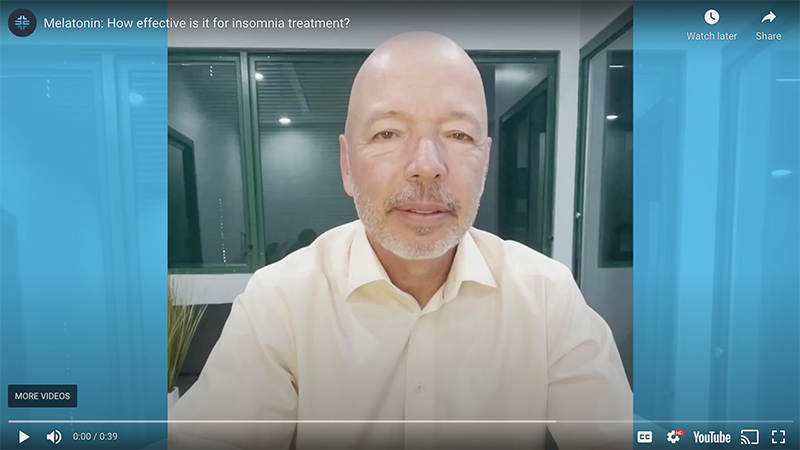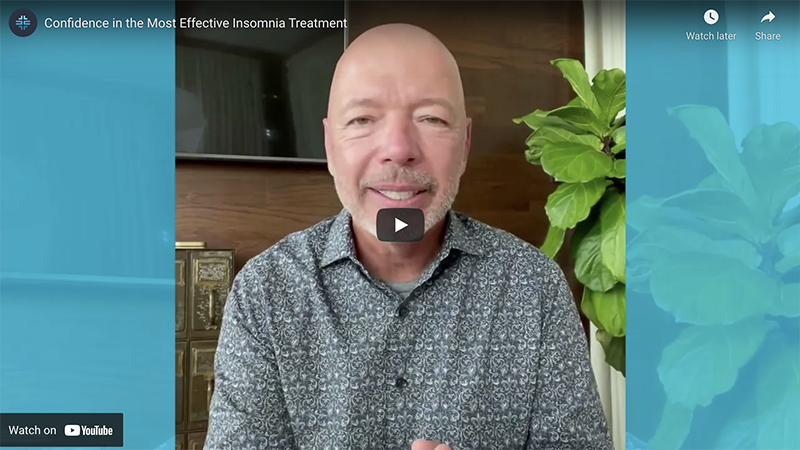It’s undeniable that the COVID-19 outbreak has changed our lives dramatically. From economic hardships to the adjustments involved in remote learning, working from home, and a lack of social interactions, the pandemic has caused our priorities to shift with little warning.
Most parents are having to juggle full-time jobs and take on the role of teacher for their school-aged children, piling on even more stress, all in the confines of the home. With minimal warning, we were pulled out of the daily routines that we have grown accustomed to, and everywhere we look we are presented with the harrowing statistics of the coronavirus.
The incessant worry and fear that come along with an uncertain future are likely to cause your already high-stress levels to inflate drastically, which ultimately affects your nighttime sleep. In this article, we are going to dissect both the positive and negative consequences of sleep quality during long-term home confinement.
While many of us have adapted to the “new norm” of home confinement, many of us are also re-prioritizing sleep, pushing it further down the to-do list than it was in the past. With more on our plate, we are doing what we must to survive. This often means that we work well past our bedtime to make up for the lost work hours during the day.
Life as we know it has been rearranged and instead of a nine to five workday, we are simultaneously working, teaching and caretaking, 24 hours a day, which may lead to a negative impact on sleep quality. Top this with one of the many risk factors associated with the pandemic, and you’re likely to view sleep as an old acquaintance instead of a steady friend.
Financial Stressors
Small business owners and those who work in professions that are heavily dependent on FaceTime with customers likely have a higher level of economic strain, which can interrupt their normal sleep patterns. During the hours when they are supposed to be in a sleep-induced state, they are tossing and turning, worrying about how they are going to pay the bills.
Lack of Rewarding Behavior
The pandemic has created an uptick of hidden stressors. The absence of activities that once brought us joy, such as visiting with family and friends and attending sporting events or an aerobics class, can up our stress levels, leaving us feeling unfulfilled when it’s time for our head to hit the pillow. On the other end of the spectrum, spending too much time with family in a limited space, can cause stress for those who were already faced with family disfunction.
Routine
For some of us, routine can be an anchor. It allows us a sense of control when we know where we have to be at a certain time. Having to juggle so many things at once and the uncertainty of this life in home confinement pulls us out of our routine and takes away any semblance of control that we once had as a way to manage uncertainty. When we have structure, we are better able to cope with unpredictability. A lack of structure during the day may lead to a lack of sleep at night.
External Factors with Internal Consequences
Home confinement and social distancing have torn some of us away from outdoor activities that we once looked forward to. Smaller windows and a lack of yard will naturally limit your likelihood of getting nature’s necessary ingredients for sleep. With limited outdoor activities, we have less exposure to sunlight. A lack of light affects your circadian rhythm, which also alters melatonin release, the body’s tool for inducing sleepiness as the day wears on. Add lower activity levels to this mix and you have yourself an insomnia cocktail.
Nutrition
Stressful times often produce bouts of increased food consumption. Pair this with the lack of exercise and increased body weight and you have another factor that will lessen your quality of sleep.
Gender
Women are more likely to develop a disruption in sleep patterns during confinement for several reasons. In addition to having a higher likelihood of insomnia, women with children are particularly dependent on the sleep of their children in the years during and following pregnancy. A woman who already suffers from insomnia will be struck twice as hard during the pandemic.
Communication
During times of stress such as the current situation, it is normal for humans to feel fulfilled by talking to others. People are more glued to their screens than ever before, as they are hooked on getting the latest news updates on COVID-19. While the usage of social platforms like Facebook, Twitter and Instagram have increased dramatically, this way of communicating does not provide the same mental health benefits and the boost in screen exposure close to bedtime, may diminish quality sleep. The screen’s blue light tells the brain to stop producing the sleep hormone melatonin, which can prevent you from falling asleep.
Time Saved
For those who had a long commute to and from the workplace prior to home confinement, the pandemic may be a blessing in disguise. Going from a one-hour commute to and from the office, down to zero commute time may expose you to more daylight and a more efficient workday that is free of unnecessary meetings and office socializing.
You’re not alone.
A response to fear is natural, however; too much anxiety results in sleep disruptions, and in turn, your mental and physical health will suffer. Making sleep a priority has never been more important and putting the focus on bettering your night’s rest will benefit your immune system greatly, lessening your vulnerability to contracting the virus. Not only will a healthy immune system help you fight the virus, but it will also improve your chances of fighting the virus if contracted. If you find yourself unable to sleep, there are techniques like Cognitive Behavioral Therapy for Insomnia (CBTI) that have been proven to be more effective than prescription sleeping medications. If you are looking for a source to provide CBTI there are resources like Somly.com that can provide you treatment in your home using its web site and weekly calls.
Make the best of your time confined to the home and put sleep first. With a lack of late-night social gatherings, now is the time to commit your body to the sleep it needs each night.


